This is it! I’ve had it up to here with my ducks. Introducing the one and only article you need to read to warn you what you’re going to go through when you have these feathery farm animals. Let’s get started.
Ducks are Messy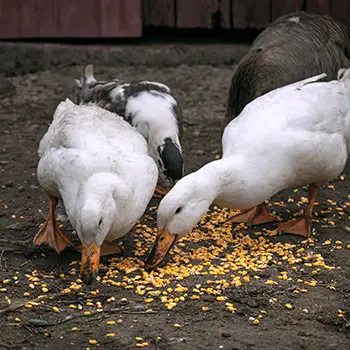
There is no greater or faster way to turn a picturesque meadow into a muddy hole in the ground than to throw some ducks on it. This includes Muscovy and mule ducks mixed with Muscovy genes.
Your ducks won’t stop at slapping their little feet around and making a mess of things that way; they’ll also dig, root, tear, and rip up anything that they can much the same way that pigs do. And their feed?
If you feed in a feeder, the type you get at your local feed store for $10-$15, you’ll have a fly-ridden area three times the size of the saucer around it. Why? Ducks love to get a mouthful of water, come over to the feeder, and spit it into the food while they root around in it.
I’ve solved this by creating feeders that hide inside buckets (more on that in another article), but the feed still molds easily if the ducks introduce water to it. This may mean a lot of wasted feed on your part.
Ducks Will Destroy Your Garden
If your ducks escape their pen (or enter into a fenced-off area; remember, all ducks can fly unless their feathers are trimmed or their wings are pinioned, they will eat everything they can get their beaks on.
Unlike geese, which can be bred and are often maintained to avoid having to get down on your knees and weed your garden, ducks will happily mow down every single carefully cultivated seedling that you’ve ever seen. Every green thing you’ve ever loved will be savaged by their bills. In fact, most of them love the sensitive plants the most.
Worse, they won’t stop with your edible plants. I once knew someone growing marijuana legally (they were supplying a physician with a legal permit) and the ducks broke into that area of the garden. Nobody, ever, wants to deal with ducks that are high.
Ducks Love to Surprise You
And this would be the section where we admit why we’re more than a little disgruntled with our ducks right now. That soft peep, peep, peep echoing in my duck pen?
Yeah.
As of this writing, it’s getting to the end of fall and early winter. How did a female duck manage to hide an entire nest of eggs and hatch almost all of them? Your guess is as good as mine. …But she did, and now the pitter-patter of little duckling feet blesses my ducks once again.
Except that I have no idea which ducks have laid these eggs and, in fact, it seems to be a dumping ground for multiple species. There’s even one that looks as if a wild duck may have snuck in and laid a few of her own in this big, beautiful, communal nest. Typically, I collect eggs twice a day. I noticed they were a little off their laying, but no bother. This is the time of year when some of my older ducks tend to slow down. After all, ducks do not lay like chickens do. You aren’t going to have a duck laying in winter for the vast majority of the breeds.
In fact, my ducks are seasonal layers and the season is quickly changing where I live. Still, one of our ducks managed to hide an entire nest from me and the pen is simply exploding with ducklings. I’ve captured most of them and am tending to them, but a few really seem to be attached to her and refused to eat or drink without her. I’m not about to argue with an imprint like that, so cheers, ducklings. Here’s hoping you make it.
Brooding Ducklings Will Make You Sick
Which leads us to our next issue: brooding ducklings in the house sucks.
A few people reading this just chuckled while more are haunted by the scent of wet pine and disgusting babies.
Even if you put up an entire garage full of ducklings (which you can’t do at early stages; the little ones can’t have too much room or they’re freezing to death), clean five times a day, and maintain everything as clean as humanly possible, there is a distinct duckling odor that is a horrible combination between three-day-old chicken noodle soup and wet humidity.
I really can’t stress enough: if ducks can make a garden a mess, ducklings can destroy an entire garage in an hour when given a chance. Why? Ducklings will happily shower everything around them with both water and feed, then mash it into their bedding as quickly as they possibly can. They run a higher risk for issues such as pasty butt and concrete toes (the gathering of muck under a nail that turns into a ball on the claw).
Related: Duck Eggs VS Chicken Eggs
In my case, we must brood ducklings in a large brooder outside because the constantly wet wood ruins my health since I have some sensitivity with my breathing.
The question you may be asking then, is, are ducks worth the trouble if they’re so messy and so good at hiding their eggs, reproducing when unwanted, and just generally chaotic in ways that are often not appealing to the beginner livestock keeper.
It really depends on your personal setup and the area you intend to keep them in. For me, I’ll always have runner ducks to teach my dogs to herd with and lay hundreds of eggs per year. And I’ll always have Muscovies because they’re very curious and personable animals that like to play pranks on you. Like hatching a nest of eggs as winter is coming on. Sigh.
Tell us in the comments down below if you have or have had ducks and what your experience has been like! We’d love to hear about it.
You may also like:
6 Most Profitable Animals To Raise On Your Property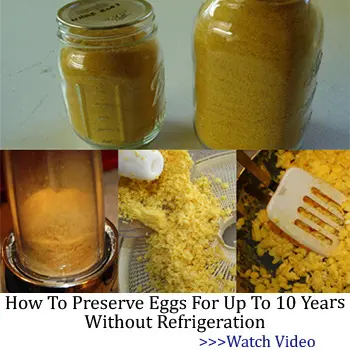
The Only Plant That Will Make Your Poultry Lay More Eggs Than Usual (Video)
Livestock Animals You Should Start Raising For The Upcoming Economic Crisis

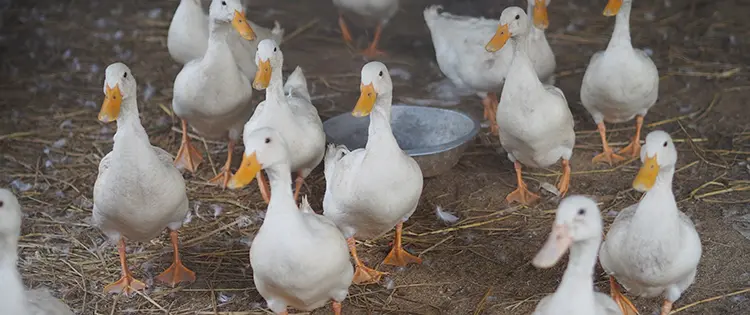
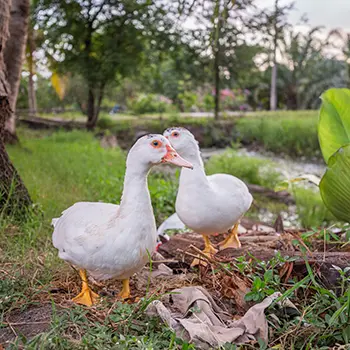
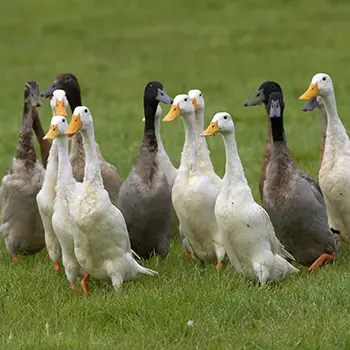








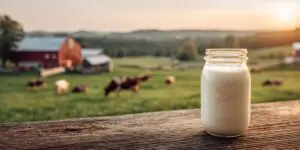
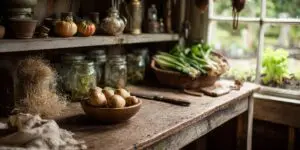
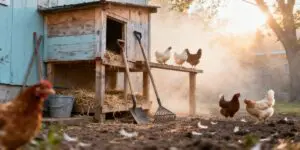
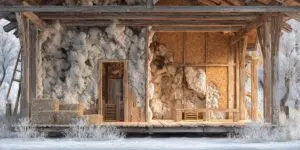
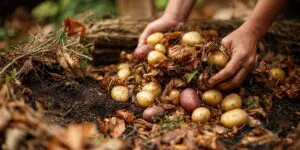
I had nothing but Muscovy’s and LOVED them. Yes, I learned not to put any water near their feeders and I used oil drip pans (you can buy them in any auto parts store) under the feeders to keep them from spreading food about. When babies were present we used large pizza pans (bought cheap ones on Amazon) instead.
We had a pond and kept the feeders well away from the water source. YES, ducks are mischievous. They loved playing little tricks on us. But that is the fun of ducks. Since we only had 23 adult ducks there was a head count every night when they went into their pen. No surprises at the end of summer, early fall.
Several things I learned was to use ski poles to “herd” my ducks in their pen in the evening. And there were always “treats” once they were all safely in. It helps.
One of the positive things about ducks is they are the best bug eaters. From grasshoppers to mosquitoes and their larva and everything in between. Also their duck poo is the best fertilizer….ever. Just put a couple shovels full of duck poo in a 5 gallon bucket, fill with water, stir, let it settle and use the “tea” on your garden. Never put the fecal mater on your garden. Just the tea. You won’t believe the results. Unlike chicken poo, duck poo is not hot and doesn’t need to cure. You can use it straight from the butt.
So when your neighbors are being bombarded with grasshoppers next summer and their gardens are look similar to an apocalyptic scene, your garden will be flourishing with the best fertilizer in the world and not a single grasshopper in sight.
My ducks free ranged every day of their lives from sunup to sundown. They had 10 acres to roam. People used to ask me why they didn’t fly away to which I always told them because this was their home and they were happy here.
If you are going to provide ducks with swimming water I suggest you put a small kiddie pool on a cement pad. That way they can’t “bill” the ground around their pool with a mouthful of water. If you don’t, they will. In second place cut out a large circle of a plastic tarp larger than the pool. Hold it down with small rocks. Set your pool on it and fill with water. Then sit and watch your ducks put on a show for you. It is well worth it.
Once you learn ducks are well, ducks you will be able to relax and enjoy them more. Make yourself one of the gang.